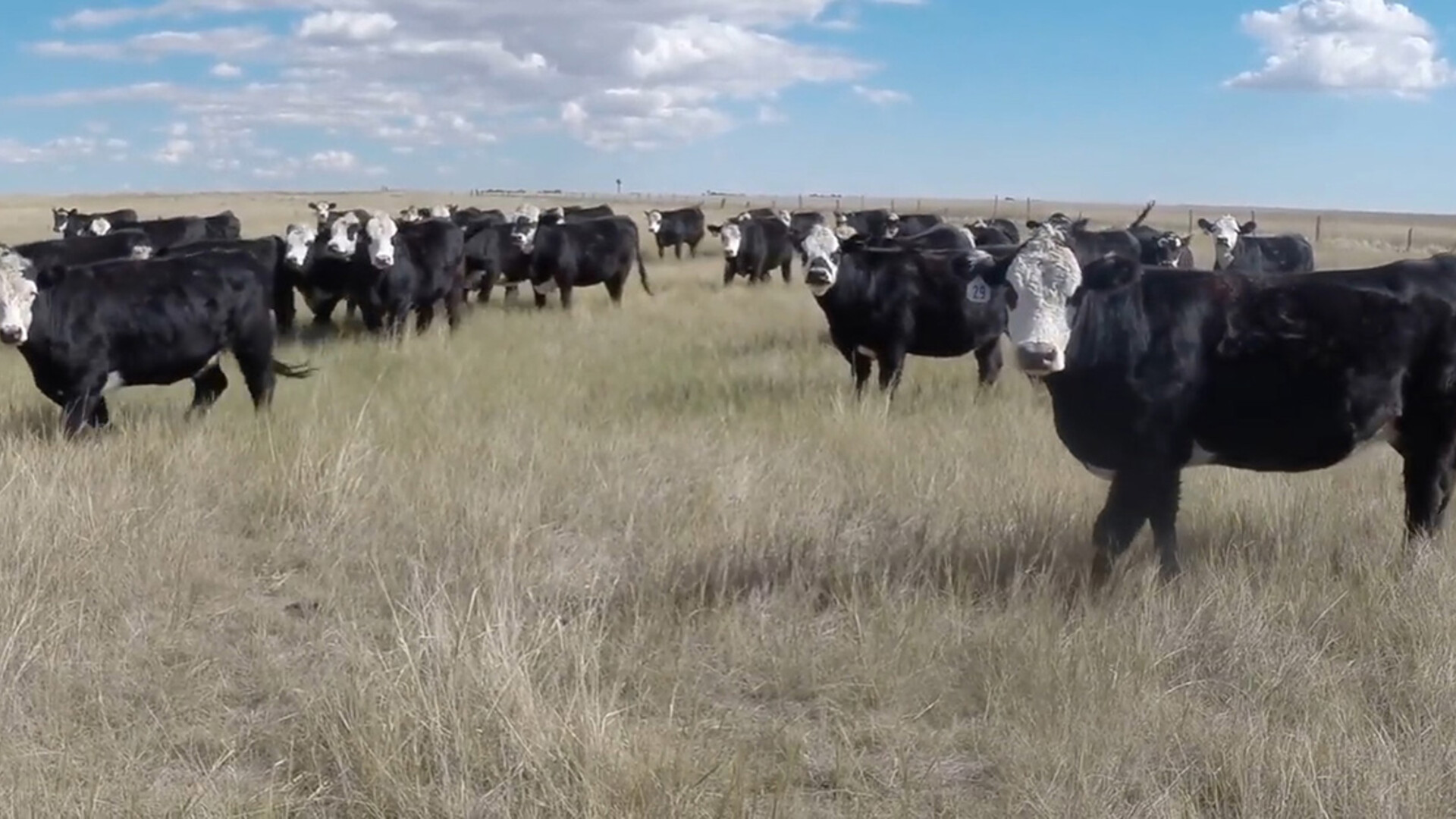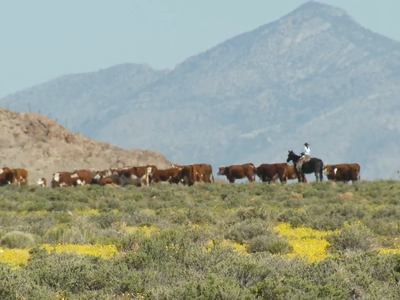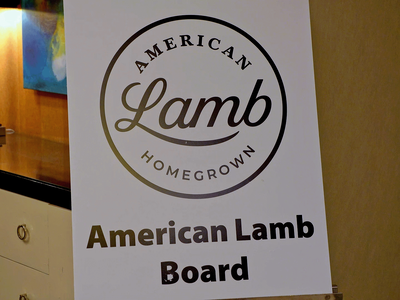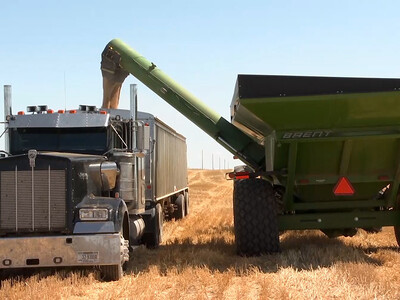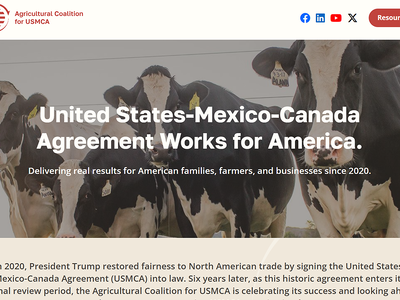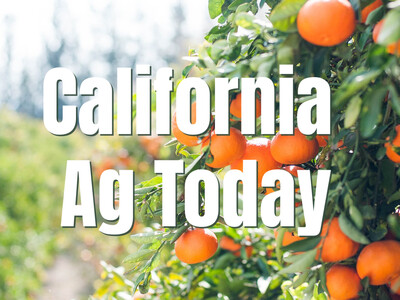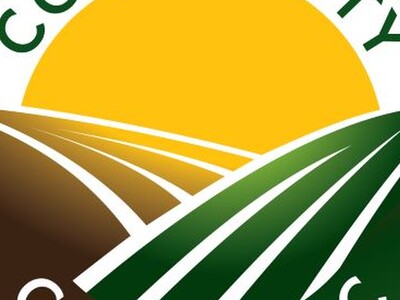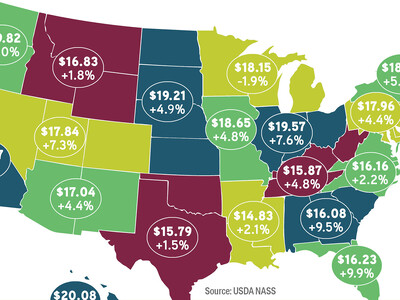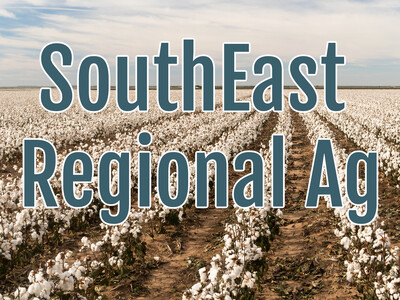Canada's BSE Risk Upgrade Could Benefit U.S. Beef Industry
The World Organization for Animal Health recently upgraded the BSE risk classifications for Canada and Ireland, with both moving from "controlled" risk to "negligible" risk. While this is obviously good news for exporters of Canadian and Irish beef, Canada's upgrade may also lead to regulatory relief for the U.S. beef industry.
Travis Arp, U.S. Meat Export Federation (USMEF) senior director of export services, explains that some key export destinations such as South Korea and Taiwan restrict imports of U.S. beef cuts derived from cattle imported from Canada. These restrictions are incorporated into export verification programs, which add administrative costs and segregation procedures for U.S. processors and exporters.
Arp notes that Canada's move to negligible risk creates an opportunity for the U.S. government to revisit these policies with trading partners that maintain import restrictions related to cattle of Canadian origin. In addition to South Korea and Taiwan, Singapore and Ecuador are also in this category. Arp adds that the U.S. could also revisit market access in Australia, which is closed to most U.S. beef products.
Source: USMEF


